Kathryn Bertine: A Standing Start
Ex-pro writes about fighting for women's cycling in our latest excerpt from The Road Book
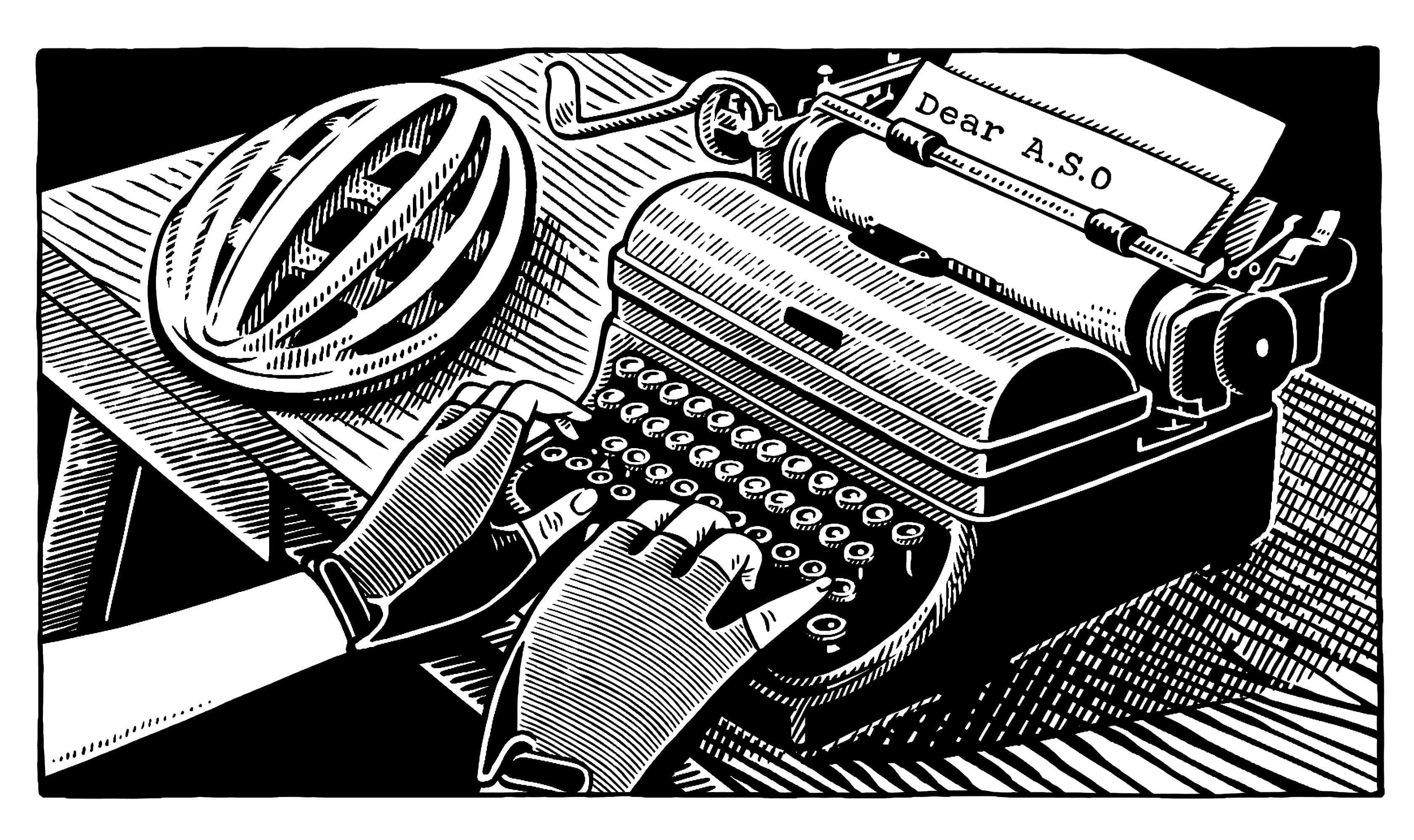
The following excerpt is written by Kathryn Bertine and is featured in the 2021 edition of The Road Book – available to buy now.
The Road Book features nearly 900 pages packed with race reports, statistics, team profiles, infographics, trivia, and photography from the 2021 season. In addition, exclusive accounts from cycling’s biggest stars, including Tour de France and Paris-Roubaix winners Tadej Pogačar and Lizzie Deignan, sit alongside contributions from the cream of cycling writers and journalists.
Cyclingnews and the team behind The Road Book have teamed up to create a fantastic offer that includes free delivery for all UK-based purchases and a huge discount for all ROW territories. Each purchase made through Cyclingnews also includes FOUR exclusive A5 prints, which you can see in the gallery below. For more details click here.
You can also read an excerpt from Tom Pidcock, right here.
Kathryn Bertine is a retired professional road racer based in Tucson, Arizona. She rode at the highest level from 2012 to 2017 on four UCI Women’s WorldTour teams, including Wiggle-Honda in 2014. As a dual-citizen, she is a six-time national champion of St Kitts and Nevis. Bertine is also a driving force behind the push for equality in cycling and was heavily involved in the lobbying for change that brought about the creation of La Course by Tour de France. After eight years, 2021 saw the final edition of La Course, as it segues into the long-awaited 2022 Tour de France Femmes. But the pressures of her decade-long equality campaign were immense. The following excerpt is from her book STAND: A Memoir on Activism. A Manual for Progress.
‘The most pivotal day of my journey in activism went by way too fast, no matter how hard I try to slow the incalculable speed of memory. July 27, 2014. Flashes of colour, noise and blurry people as crowds pressed against the cycling barriers lining the Champs-Élysées. Wind in my ears and the whir of gears as we encircled the Arc d’ Triomphe. Pounding heart and burning lungs in sync with the peloton of women around me. We were racing at the Tour de France. A race that once banned women. For the last five years, I’d taken up arms – alongside fellow athletes and supporters around the world – against the discriminatory regulations and the bureaucratic dinosaurs that barred us from the roadways of France while men competed in the most iconic cycling race in the world. Finally, on this momentous day, here we were. 125 female professional cyclists in the heart of Paris, racing down the cobblestones of the Champs-Élysées. I revelled in every moment of our prodigious, triumphant day. Inside, though, I was cracking.
A photographer snapped a picture of me on my bike that day – appearing invincible, victorious, joyful and as though I had my shit together as I rolled towards the start line of the inaugural La Course by Tour de France. All smiles! All strength! All confidence! All lies.
Get The Leadout Newsletter
The latest race content, interviews, features, reviews and expert buying guides, direct to your inbox!
What cannot be seen in that photograph are the tears streaming down behind my glasses. Beneath my glove, the wedding ring I cannot bear to take off. The fractures and fissures deep within. My body, strong. My soul, lost. I am weak, empty, scared, scarred, scripted, rehearsed and acting triumphant, fulfilled, confident, collected. In the fleeting pause between each cobblestone, despair seeps through the cracks of stillness and movement. On the outside, I am a warrior for justice. Inside, stone-cold fucking broken. That day, the weight of worthlessness consumed me. Hiding it seemed better. So I wore the historic victory of our presence at the Tour de France like mask over the private, ugly pain of advocacy.
When I sat down to write this story – about what we achieved for women’s equality that day – I thought: People don’t want to read about worthlessness. The Brokenness. The Empties. Better to skip that stuff. Vulnerability isn’t important. Took me five years to find the courage to disagree.
To write about creating change takes data, and I had plenty of that. But to write about activism requires a mirror. And a steel gut. And a box of tissues. And a reckoning with Vulnerability. In 2019 I taped the photograph of myself, on the bike in Paris, above my computer. As I sat down to write, the woman in the photograph whispered from under her mask:
You want to talk about what it takes to make change happen? You want to stop throwing away shitty first drafts? Fine. Then start writing about what really happens when we stand up and fight for what we believe. All of it. What happened in public. What happened in private. About your plan to walk in the woods and not come out. Write about what we need to talk about in our culture, our society, right now, today. That’s how change happens. Facts, schmacts. That’s not enough. Remember what Quixote said? “Facts get in the way of truth.” You’ve got plenty of facts. Now bring in the truth. If you want to write anything worthwhile and meaningful about activism, then you’re going to need to step onto that terrifyingly thin tightrope of vulnerability strung across the abyss of truth and authenticity. Ready?
No.
Ready?
Nope.
Ready?
Ooof.
OK, Voice. Here we go…
We need to talk about what really happens when we stand up and fight for what we believe. We need to talk about the nasty underbelly of activism. And its beautiful, beautiful wings. We need to talk about the myth of strength, the truth of masks and the dark side of progress. We need to talk about being broken. Because the universal truth of adulthood is that we’re all a little bit broken. We need to look closely at photographs and wonder about what isn’t there and shine a light into the cracks and caves of all the things we cannot see. We don’t all need to be activists. But we do all need to talk about how to support those who are out there standing on the frontlines of Change.
We need to stop thinking that happy people don’t carry the weight of despair. We need to check in on our strongest friends and ask how they’re really doing. We need to tell those who have their Shit Together that it’s OK to Come Undone. We need to talk about demons; ours and others. We need to talk about suicide. We need to ask Why and embrace How, so we can be the Who, What and Where if someone needs us. Even if they don’t ask. We need to talk about the frailty of strength and the armour of vulnerability. No, I don’t have those mixed up.
Cyclingnews and the team behind The Road Book have teamed up to create a fantastic offer that includes free delivery for all UK-based purchases and a huge discount for all ROW territories. Each purchase made through Cyclingnews also includes FOUR exclusive A5 prints, which you can see in the gallery below. For more details click here.
We need to talk about divorce. We need to talk about divorce. We need to talk about it twice because there are two. The one we go through in public, the one we go through in private. We need to talk about pain. And how to channel it. We need to talk about sensitivity. And how to unchain it. We need to talk about the wardrobe of Masks, and when to wear them. Or not. We need to talk about depression until we cry tears of laugher from the sweet release of authenticity when we say, out loud, how truly fucking bad it is. We need to laugh. Not just because it feels good, but because Humour is the golden chariot of activism and laughter is how we hail a cab through the ugly, gridlocked traffic on the road to Progress.
We need to talk about demons, again. Not just talk about them, but to them. We need to talk to our inner beasts until we can look them straight in the eyes, pet their scaly hides, throw a saddle across their razored spines, grab tight the reins, and ride those crazy ogres wherever we so choose. Because we can choose. We need to stop trying to slay our demons and start building stables. We need to talk about how Activism just might be the great big barn where beasts and demons grow into Change and Progress. We need to understand the reality and consequence of what happens when we stand, lead and fight. We need to talk about it all.
At least I do. How activism bore me, broke me, rebuilt me and became my cornerstone of Self. Stepping onto the tightrope of vulnerability, I wrote this book because standing up and speaking out matters. And also, this: I was lost for a long time, and I needed to write myself home. To figure stuff out. To find peace and clarity. To lock eyes with authenticity. To snuggle with my demons. To confront truth. To help others plot their route into the wilds of activism. To maybe help us all rise. To finally answer the question… Yes, our struggles are worth the journey. At least I’ve got that much figured out.’
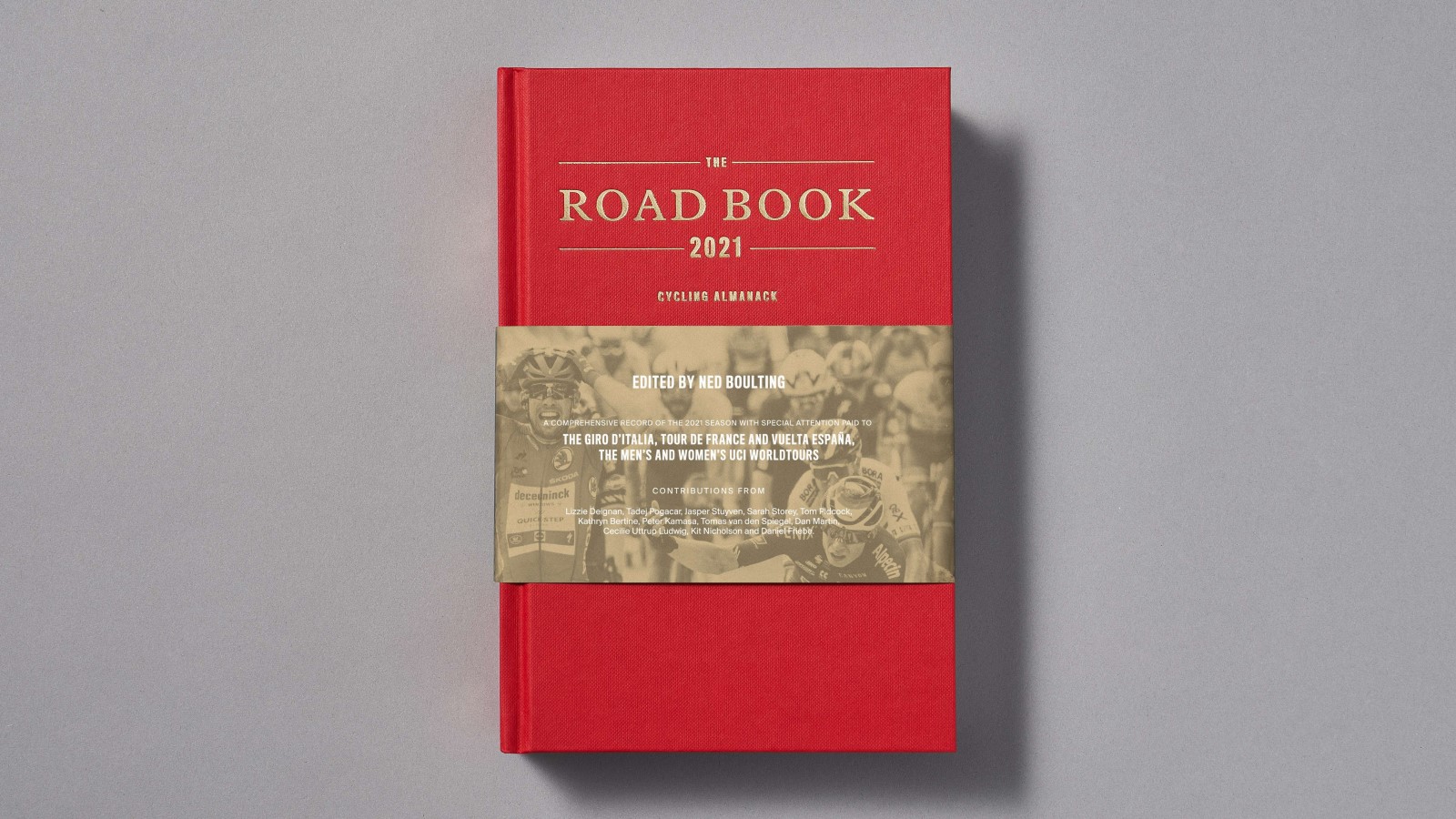
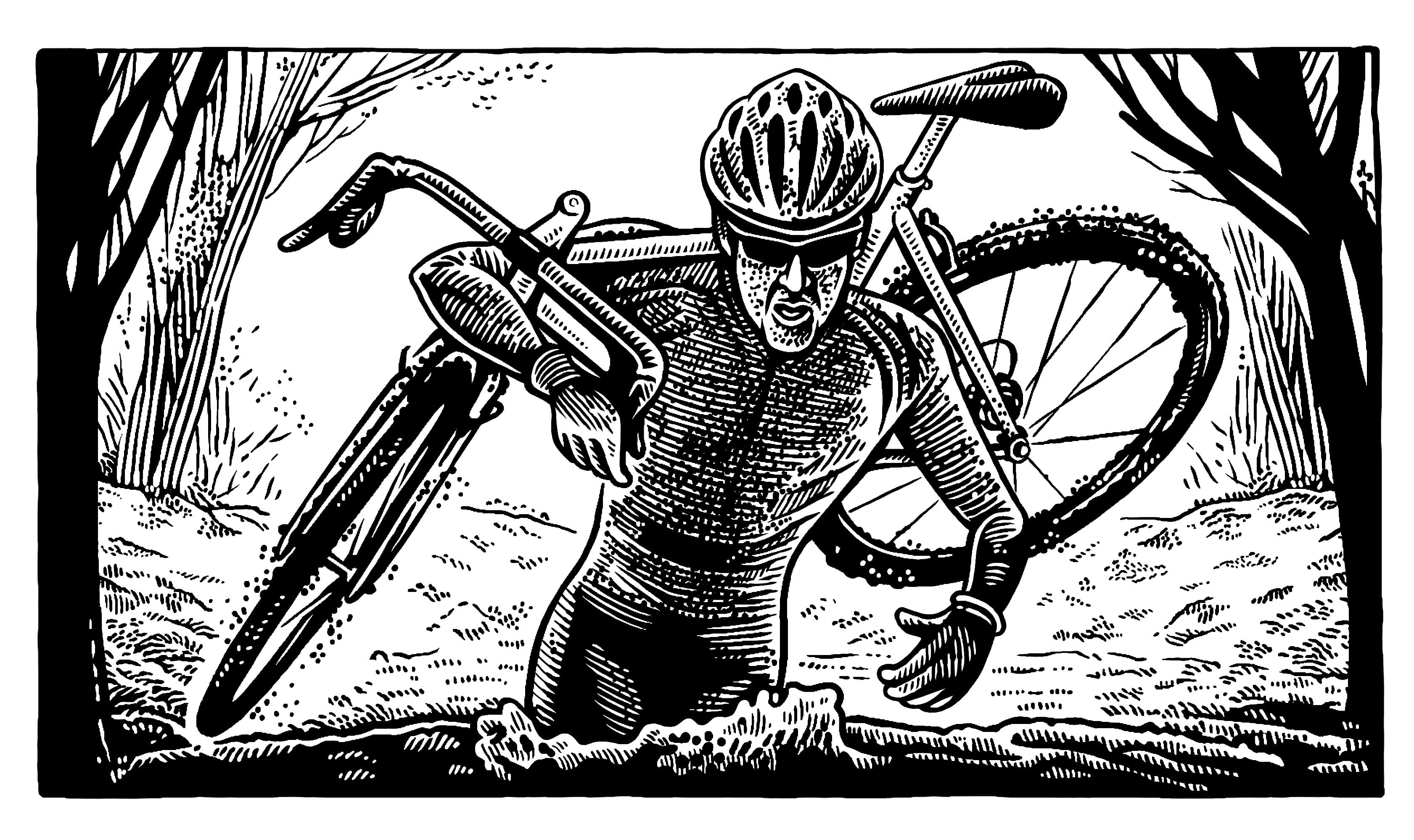
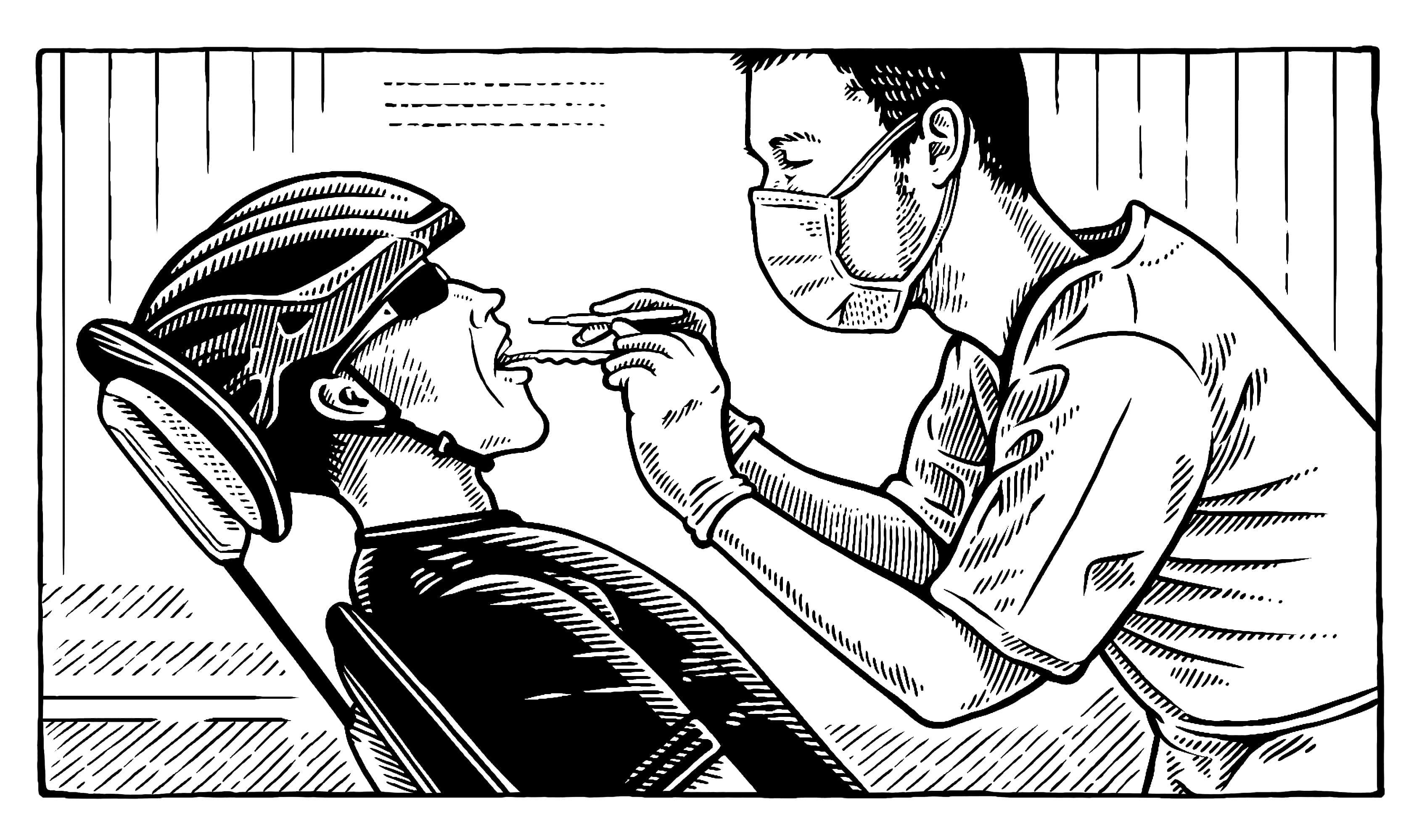

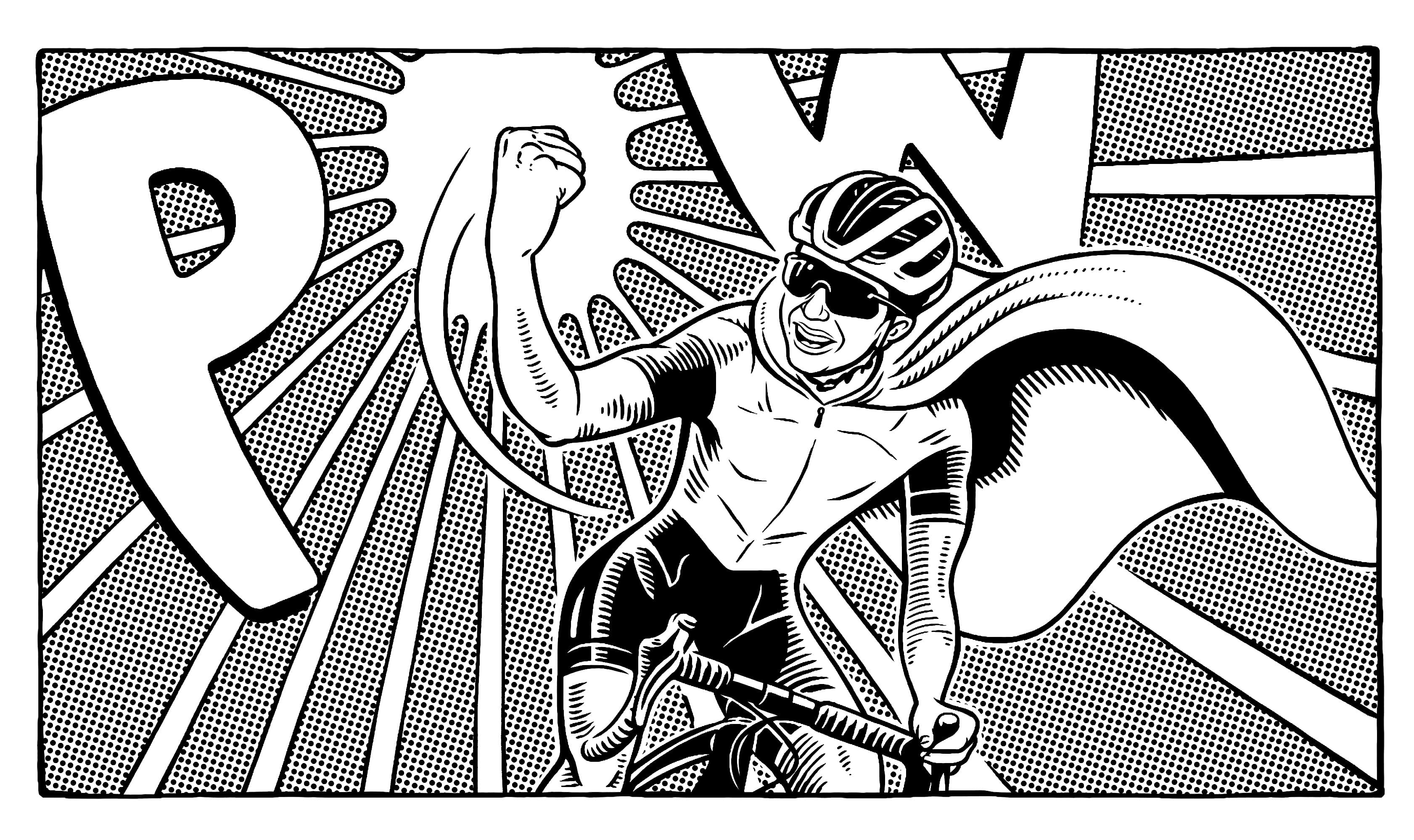
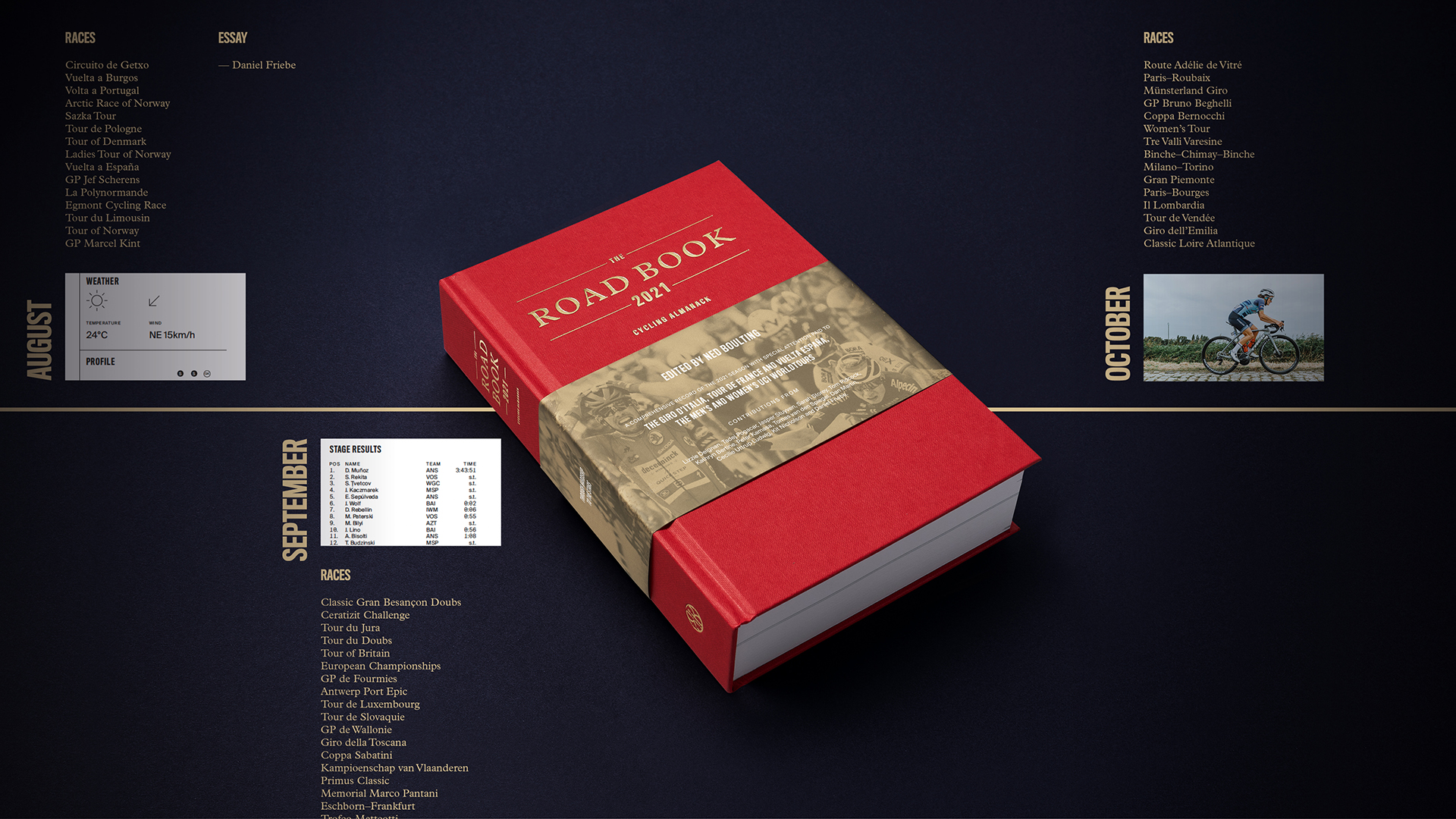
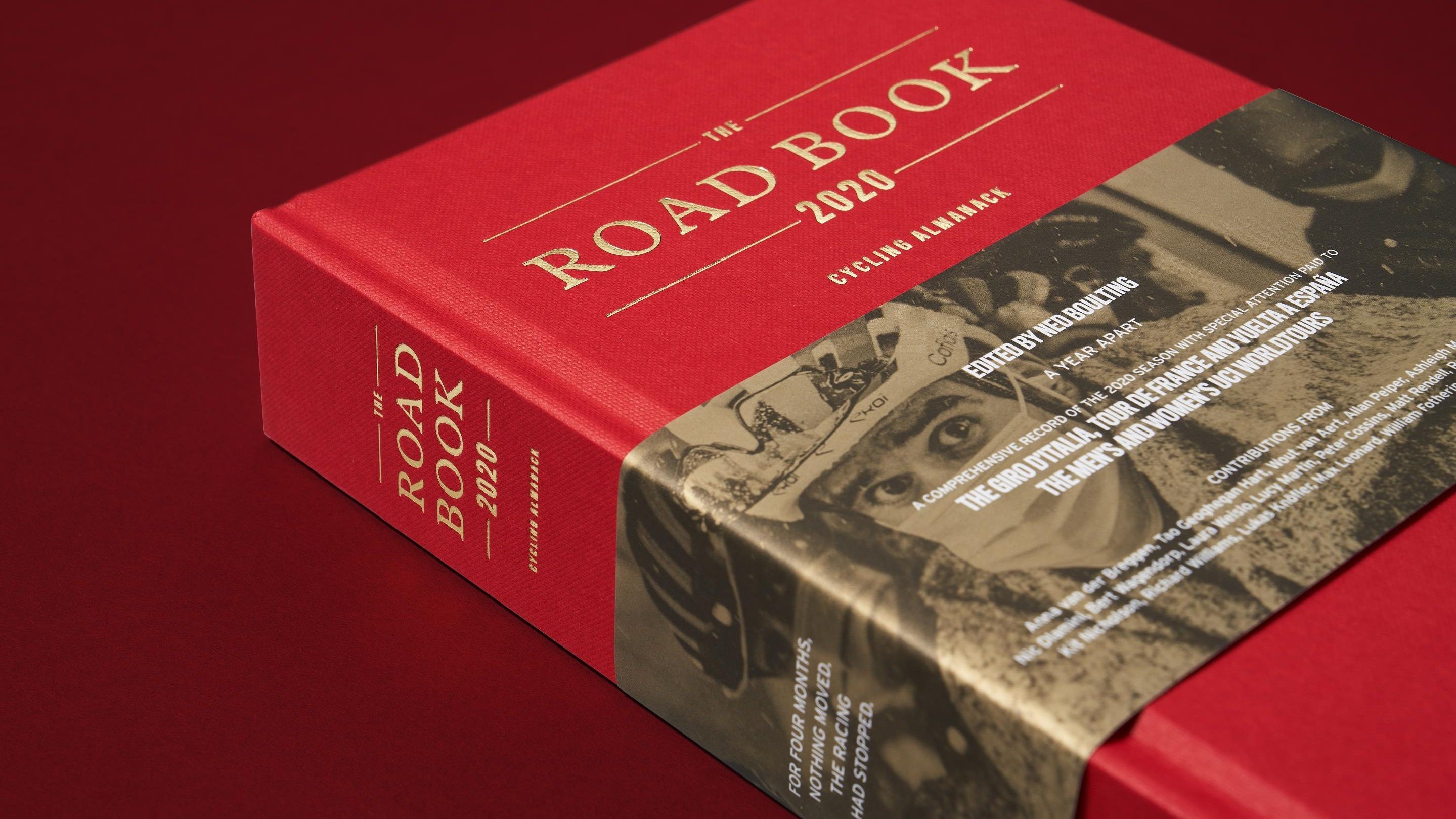
In 2009, I had dreams of becoming a professional cyclist and racing the Tour de France. Only to find out there was no Tour de France for women. (Not any more. There had been one in the 1980s.) I was 34 years old at the time, and also found out UCI had a ridiculous rule that no women’s UCI team could average over the age of 28. OK, wait a minute. No Tour for women? Age medians for teams? No women’s base salary wage? At races where women were ‘allowed’, the distances were half that of men’s events? Prize money for professional women that was a mere fraction of the men’s event? Oh boy. My journalism brain went haywire, asking why, why, why? When there were no plausible answers to be found, I switched into activism mode.
Little did I know that an email I sent ASO in 2009 asking to collaborate on reinstating women at the Tour de France (which went unanswered, of course) would be the first step in a decade-long journey of fighting for women’s rights in sport. In 2012, I did receive that coveted professional road racing team contract, despite being deemed an ol’ hag at the age of 37. In 2014, I stood on the start line of my dreams at La Course by Tour de France. A race my activism group, Le Tour Entier – consisting of Marianne Vos, Emma Pooley, Chrissie Wellington and myself – created with ASO during 2013. This effort was very much a behind-the-scenes endeavour after a worldwide viral petition, calculated planning and countless draft manifestos, emails and secret meetings culminated in ASO finally engaging with our demands for a women’s race. While ASO never credited us for doing the lion’s share of the work, rendering us ‘hidden figures’, we often laughed about the fact that 100,000 people signed our petition and knew exactly what women were doing behind the scenes. La Course was a huge success, but the activism wasn’t done yet.
By 2015, the documentary film we made on women’s pro cycling, Half the Road: The passion, pitfalls and power of women’s pro cycling, was acquired and distributed worldwide. Visibility was happening and the world was responding. So were the UCI. The women’s team age median was finally eliminated. In 2016, I had my best pro cycling season at the ‘ancient’ age of 40. Then suffered a near-life-ending brain injury in a crash at the Vuelta Mexico Feminil. That was one lucky break. Well, four: two bones in my skull, one collarbone, one in an arm. Quite a year. In 2017, I retired from pro cycling and founded Homestretch Foundation, which assists female pro cyclists who struggle with the gender pay gap… and behind the scenes, we lobbied UCI to change their archaic stance that women on WorldTour teams simply didn’t need to be paid a liveable wage. In 2020, we won. In 2023, women will have a base salary equal to the Pro Continental men.
Perhaps the biggest victory, though, is what stemmed from the proof that La Course by Tour de France was indeed a marketable, sustainable and incredible race. After years of pressuring ASO to keep their failed promise to grow La Course into a multi-day race, finally in 2022 we will see an eight-day race for women at Tour de France Femmes, which will begin at the end of the men’s Tour de France. Progress? Yes. Equality? Not quite. Eight days is not 21 days, like in the men’s edition. There is still an antiquated idea at ASO that women simply can’t do such a gruelling number of kilometres and days, despite the fact that women from 1984 to 1989 indeed conquered 21 days without issue. Till the women’s race grows – or the men’s race is shortened! – to equal days and distance, we’ll keep the pressure on up to the point at which professional women are equally welcomed at the most prestigious stage race in the world. La Course by Tour de France opened that door.
Sounds victorious, doesn’t it? On paper, La Course looks that way. We shook things up and made shit happen. We changed the system. Fixed some broken parts. Bent the will of authority. Those were great victories. But there were other broken parts. Namely, me. When I sent that email to ASO in 2009, I had no idea that lobbying for a better, fairer world for women would also change my own personal world. In the beginning, I thought the hardest part of this journey would be convincing traditionalist French businessmen to change their ways. Never did it occur to me how much change I would go through. Among the victories along the battlefield of international progress, there were personal, private setbacks I never anticipated. Divorce. Depression. Bullying. Worthlessness. Benched careers. Demons. Suicides. Therapy. Healing. Never in a million years did I think standing up for what we believe in would become a public journey laced with personal landmines.
In 2018, I sat down to write my entire journey of a decade in cycling and activism. No holds barred. The personal stuff, the public stuff and all the crazy, funny, sad, angry, happy stuff that happened behind the scenes. Turns out there was a lot of stuff. STAND was gonna be a long one! It was my fourth book, though, so I figured my literary agent would find a willing publishing house to buy the proposal. My three previous books had done well, so what could go wrong? What happened next dumbfounded me.
More than 20 rejections came in, all with the same response from corporate publishers: ‘We don’t believe a book about women who stand up and fight for change is marketable. It won’t sell. No room on the shelf.’ What?! Is anyone paying attention to our social and political climate? Strong, feisty, outspoken women are everywhere. My gut knew the publishers were wrong. Still, I was left with two possibilities: 1) Forget it. Don’t write the book. 2). Write the book. Prove ’em wrong. Build your own damn shelf.
I went with option 2. Without a book advance, I wrote during my spare time around my other work schedules. STAND took three years to complete. Then another six months of hiring editors, a graphic designer, publicists and tech gurus to actually create the book. (Apparently elves don’t sew them together. Bummer.) What we created as a team in that tangible, rectangular, paper brick of words was truly beautiful. And eerily reminiscent of the book’s content itself: what happens when the Powers That Be decree you’re not welcome as an equal? Band together with others and prove we are.
The truth is that we – the non-famous, non-wealthy, non-Olympians, non-InstaInfluencers – can truly create change and move the dial forward in this weird, crazy world. I did this, a little bit, in the cycling universe. Whether or not I’m personally remembered for bringing women back to the Tour de France doesn’t matter much in the long run. What matters most is that I helped clear a path for the next generation of cyclists – and non-cyclists – to follow suit, and to stand for what they believe in. We’re all capable of doing so. If I did, anyone can.
Cyclingnews and the team behind The Road Book have teamed up to create a fantastic offer that includes free delivery for all UK-based purchases and a huge discount for all ROW territories. Each purchase made through Cyclingnews also includes FOUR exclusive A5 prints, which you can see in the gallery below. For more details click here.